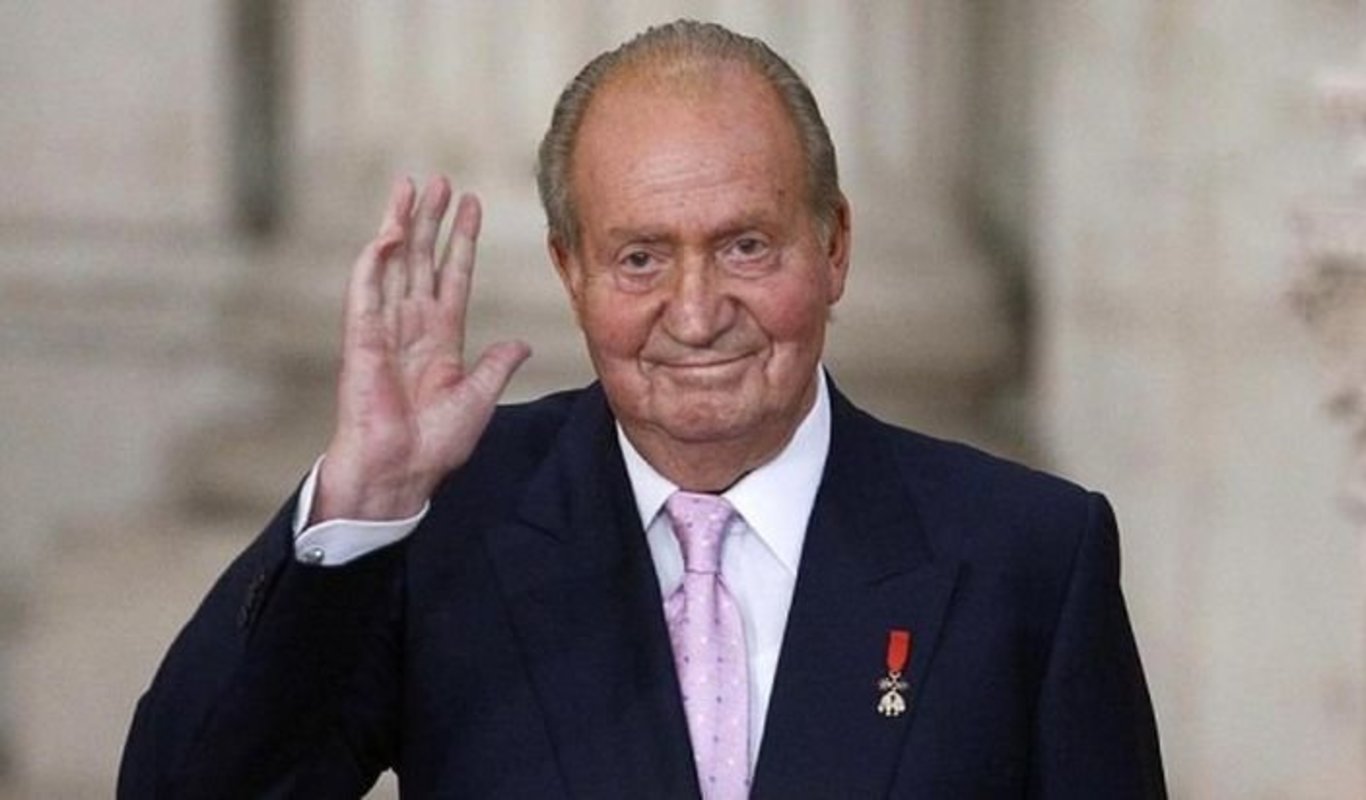Former Spanish King Juan Carlos assumed the Spanish throne when long-time dictator Francisco Franco died in 1975. Many people expected a blood bath similar to Spain’s tragic civil war from 1936-39.
Instead, Juan Carlos cemented an alliance and personal friendships with right-wing leader Manuel Fraga and communist icon Santiago Carrillo and, with the help of Adolfo Suarez in the center, forged a coalition of forces that led to a peaceful democratic transition. He carefully met opposition from supporters of the Franco regime and the military with political sensitivity, democratic commitment, and astuteness to create the foundations of modern Spain.
In 1981, the King called on Spaniards to reject an armed rebellion which was followed by the election of the Socialist government in 1982 and Spain’s subsequent entry into NATO and the European Union.
Thus, Juan Carlos took his place as the father of modern Spanish democracy and would have remained there until his death but for two fatal flaws in his character: women and money.
Juan Carlos has been a notorious womanizer. While the public was aware of his numerous liaisons, he performed his royal duties with elegance and aplomb. Those in the know were forgiving, and the media generous with its lack of coverage.
With respect to money, the Spanish House of Borbon has no real wealth. The King has depended on the largesse of friends and patrons (many of whom have eventually wound up in prison on various criminal charges) to maintain his luxurious lifestyle.
In 2014, his son-in-law was charged with fraud. That year, Juan Carlos abdicated as a result of news his hunting trip to Botswana with a lady friend at the height of Spain’s economic recession together with his son-in-law’s legal problems. His son-in-law was eventually jailed in 2018.
The mainstream media then began to report extensively on the former King’s lifestyle and suspicious financial dealings.
As investigations into his convoluted finances continue, the former King finally decided to leave Spain on August 3rd of this year to put some distance between himself and the embattled monarchy.
Socialist Prime Minister Pedro Sanchez has publicly supported Juan Carlo’s son, King Felipe VI. He has suggested that, if Juan Carlos is found guilty of any crime, punishment should reflect on him personally and not on the monarchy as an institution. Sanchez’s support at this crucial time is testimony to the role that the monarchy played in the creation of modern Spain and to the need for some semblance of stability at the top in these volatile times.
In a crisis, honesty and transparency are fundamental damage control tools. King Felipe has taken strong steps, cancelling his father’s state salary and abjuring any inheritance from Juan Carlos’s ill-gotten gains. Juan Carlos departure from Spain could give his son some breathing room.
King Felipe himself remains unblemished but faces a difficult future.
Spain is fragmented, with Catalunya again in the throes of a separatist crisis that threatens the unity of the Spanish state.
If the Spanish monarchy is to succeed, it must be seen as a unifying force and a pillar of democratic leadership in an increasingly complex world.
King Felipe will need all of his intelligence and political astuteness in order to achieve this, and Spaniards will have to assess their current political situation carefully in order to take the best political decisions possible.
Editor: Emilio Gómez
Nevó constantemente todo el día en Cortina, registrando 20.32 centímetros de nieve en algunos lugares
Ap
El festival conjuga música con cerveza artesanal y gastronomía local
Astrid Sánchez
Las sedes están a disposición de ejidatarios, comuneros, núcleos agrarios y población en general
La Jornada
Otros tres funcionarios municipales también fueron apresados como parte de la Operación Enjambre
La Jornada
